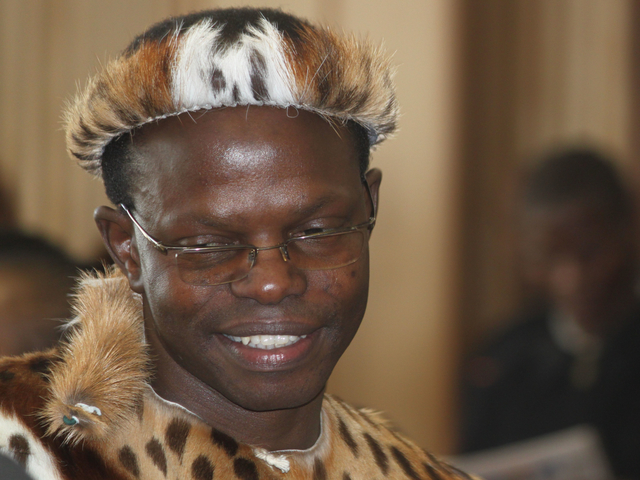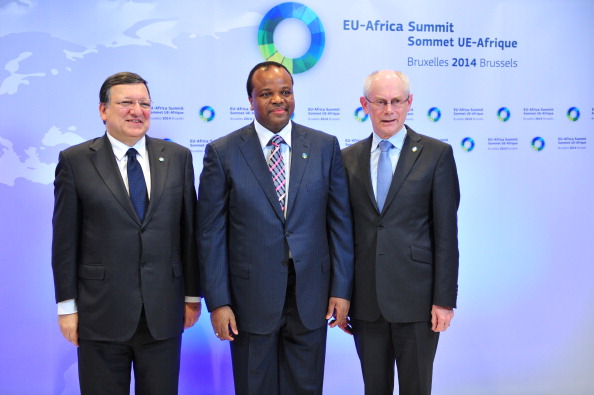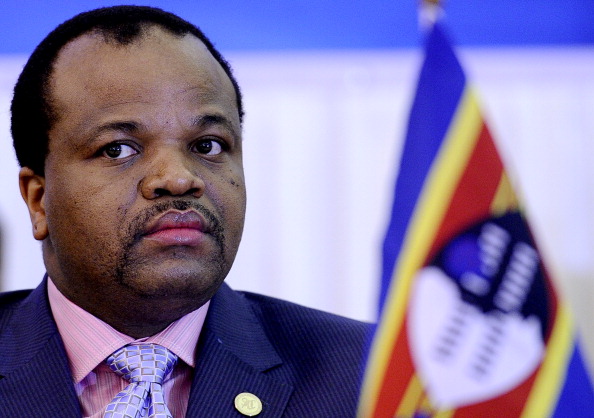
Bono, South Zamalawimbiqueothobabweibialand's new Head of State
I was very excited to read today that ten countries in southern Africa decided to join forces, eliminate borders and become one country. This will make it easier for many Westerners who already think the continent of Africa is just one country; or at least think all the countries are exactly the same and therefore propose the same “one size fits all” solutions over and over again to mostly Western created problems.
Zambia, Malawi, Mozambique, Zimbabwe, South Africa, Lesotho, Swaziland, Namibia, Botswana and Angola will now be called South Zamalawimbiqueothobabweibialand. Recognizing this will be a challenge to fit on business cards, government officials have declared its ok to just call this new nation South Africa, since before the union it was the only country most Westerners could reliably find on a map.
It was quite a struggle to decide how this new nation would be governed, and there were points where it became quite ugly when dos Santos and Mugabe descended into vicious name calling, as both men are accustomed to longevity as heads of their prior respective states. In the end, after many rounds of rock/paper/scissors, it was concluded that Bono would lead this new nation forward because it was felt to be the best way to secure debt relief, HIV funding and better coverage in People/US/OK magazine.
For similar reasons; Madonna will be Minister of Education (sorry to all those people who can now expect to lose their homes so she can build more schools), Oprah will be named Cultural Minister (her new talk show will launch in 2012), Brangelina will be appointed co-Ministers of Internally Displaced Persons (expect lots of fighting between them and Madonna over those displaced for Madonna’s new schools as well as the best photo opps with their adopted children) and Mariah Carey will be Minister of Agriculture (good luck on that starvation diet Mariah!)
One of the first acts of this new nation will be to set up a large lion preserve to promote the image that lions roam free in the streets throughout Africa. Also, media relations will assure that news coverage focuses predominantly on anything bad happening in the region with an emphasis on promoting negative stereotypes, while ignoring positive stories. In particular, media will assure that any stories about the many amazing Africans working to improve conditions within their new nation will continue to rarely be printed because pictures of sad children are considered the only way to get people to care and stories of Africans helping themselves will discourage other celebrities from traveling to region for photo opps and establishing charitable organizations in an attempt to seem less self-absorbed.
Within Amnesty USA, the Southern Africa Co-group welcomes this new nation because it means much less work for us. It was getting very tiresome to lobby ten different governments about human rights conditions. Now, we only have to pester Bono. Oh, and happy April Fool’s Day.





